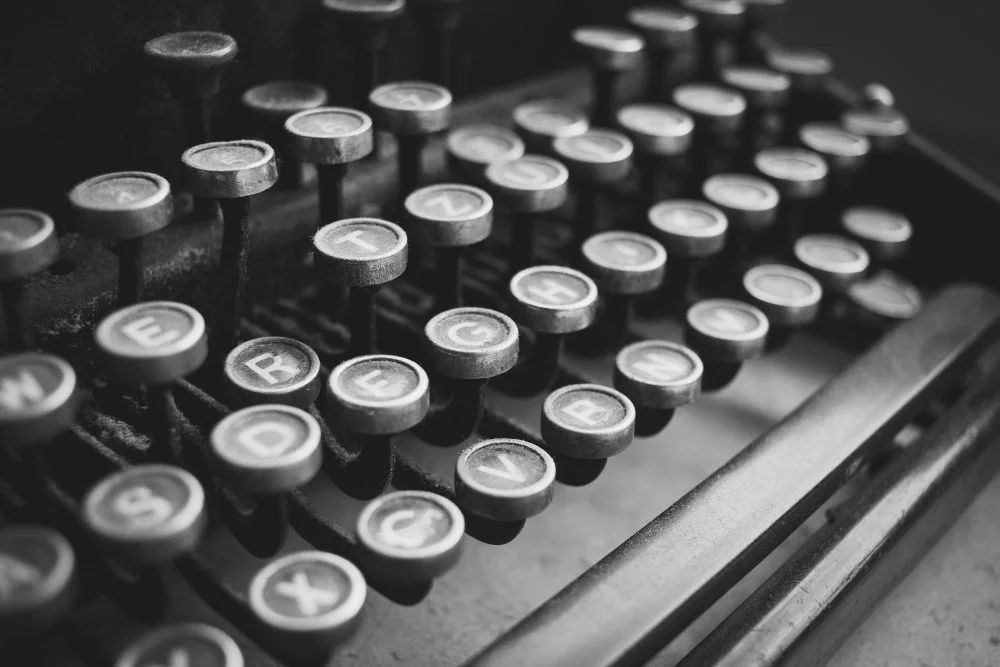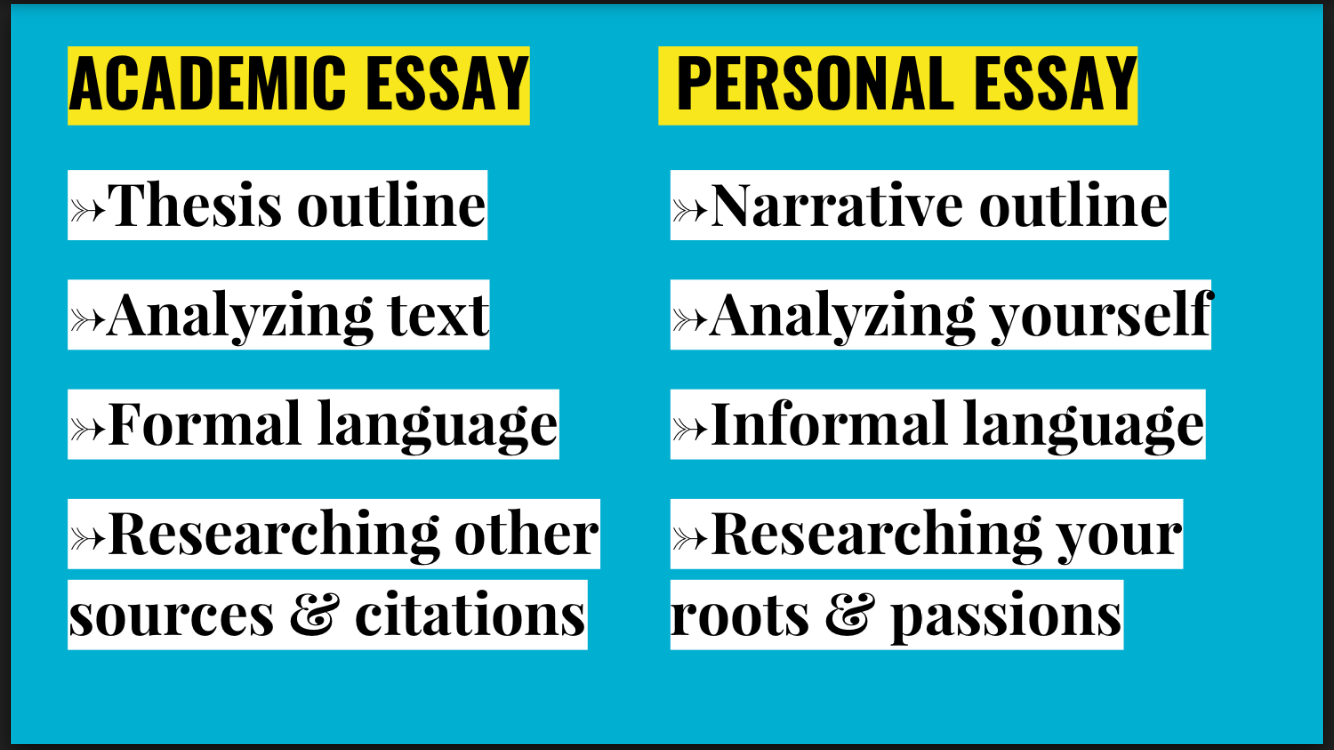Your Last-Minute Admissions Essay Checklist
/Many of you lucky ones have been done with your applications since January 1. Some of you early admits even already know where you’re going! To those of you battling the final round of applications due February 1, here’s a fun checklist to consider developed by my friend Karyn Amira, an Assistant Professor of Political Science at the College of Charleston, for her students.
Even though academic essays and personal essays are totally different, this writing checklist makes a lot of sense. Of course, many of these suggestions refer more overtly to a research paper, but they all apply to your personal essay too.
Overusing adverbs (basically, essentially, actually) means that your verbs are not strong enough on their own. Wordy phrases and fragments slow down your narrative. Pedantic words like “myriad” and “plethora” should only be used if you know what they mean - otherwise you come across as someone disingenuous who used a thesaurus to sound smarter (something admissions officers can easily see through.)
Inspired by Karyn, here are a few more things I would add to your admissions essay checklist for before you submit:
1) Fact-Check Everything
Many students will reference a life-changing book or professor — not so life-changing if you get it wrong. Even the most brilliant students sometimes get a word misplaced in their memory. Underline each fact and then look it up on a trusted online source. This rule applies to facts about the school too - make sure your references to each college are not only correct but spelled correctly too (Yes, Sarah Lawrence calls their advisors “dons” with a lowercase. And the Lewis & Clark shuttle is called the Pio Express.)
2) Print and Proofread
I’ve already shared my proofreading method that is absolutely necessary if you want to avoid typos or other careless mistakes you may have missed in earlier drafts. Reading your essay in a new medium prevents your eyes from glazing over what they expect to see and allows you to edit with fresh eyes.
3) Read it Out Loud
Ready to take proofing to the next level? Reading your essay out loud allows you to catch its rhythm, which is so important for voice and tone. First, you want to make sure you sound like yourself. Second, you want to make sure you sound clear, concise, and smooth. If you get hung up on a wordy phrase reciting it, that means you should rewrite it. Your ear will help you fine-tune the cadence and readability of the essay. If you have to pause multiple times during one sentence, it’s too clunky and needs to be reworked.































